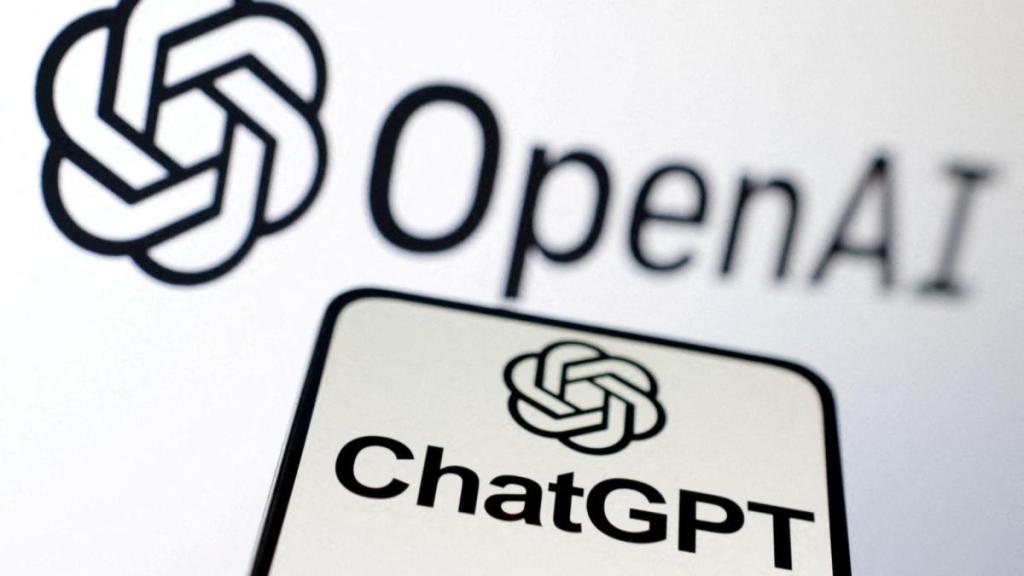By Siddharth Pai
The world is agog with the sudden firing of Sam Altman, CEO of ChatGPT. Supposedly, even Satya Nadella of Microsoft (ChatGPT’s biggest backer) was only given 20 minutes’ notice before OpenAI’s board decided to fire Altman, supposedly because he had not been “entirely honest” with it.
News on Monday said that Altman was being given a special position to head Microsoft’s own artificial intelligence (AI) initiatives. Plenty of ink will be spilled as this story develops, so for today at least I am not going to add to the deluge. I would like instead to dwell on how ChatGPT, like Apple and Google, can now ruin start-ups at the drop of a hat.
While Apple has shown its unique ability—and great power—in denting other large tech companies (witness the end of cross-site tracking on iOS which hobbled Facebook/Meta and the replacing of Intel chips with Apple’s homegrown silicon as the heart of MacBooks).
In addition, both Apple and Google routinely ruin start-ups at their much-awaited developer’s conferences, where they unleash new features in their operating software for smartphones—iOS and Android. I have written about this phenomenon in this space before.
Like Apple’s yearly worldwide developer’s conference, Alphabet’s Google runs a similar event on a periodic basis. Like Apple, Google has immense market power due to the proliferation of its Android software, and these companies’ moves at their developer conferences draw great attention, and, as you will see, consternation.
Sticking to Apple for now, let’s examine a few that became endangered last year. The first that comes to mind will have more impact in the US, but one can reasonably expect that it will make its way elsewhere in the world.
This is Apple’s new “Apple Pay Later”, which is not different than many start-ups that try to provide instant credit for impulse purchases online.
Several start-ups had seen this as an opportunity in the US. After a quick credit check and approval, some charge the buyer interest while others don’t, but all charge the merchant a juicy 4-6% commission for closing the sale.
Apple simplified this whole process with its Apple Card offering in the US. Customers pay no fees or interest, and only a pay a little now and the rest over the next six weeks.
Meanwhile, the selling business pays no fees, and, most importantly, doesn’t need extra payment plug-ins or integration with third-party application interfaces. This is a no-brainer for both the customer and the store, while Apple has landed another user into its growing finance businesses, and at one fell swoop, cut out a bunch of start-ups such as Klarna, Afterpay, Splitit, and Perpay.
In another innovation revealed last year, Apple has now converted the iPhone to also act as a point-of-sale (POS) device for payments.
We in India are blessed with the now more or less ubiquitous UPI interface, but not so in the US. Some merchants—such as a plumber—need to carry such specialised machines with them on house calls if they want to enable their customers to pay on site.
Until Apple came up with this additional software feature, this meant that these vendors had to carry an extra piece of hardware with them everywhere to allow for payment, which of course is inconvenient for providers who are always on the go from site to site to provide their services.
Now, all they need to do is to turn on their “Tap to Pay on iPhone” app and, voila, a POS device appears on the phone. In the US, the brands most affected were ones like Square, CloverGo, and the unfortunately named Toast.
Now ChatGPT has joined the Apple and Google parade of developer-day demolition of start-ups. Revealed at DevDay, (devday.openai.com/) OpenAI’s inaugural code conclave held on November 6, in San Francisco, is a new feature that allows anyone to create their own version of ChatGPT tailored to their specific needs.
The GPT transforms AI customisation into a seamless, code-free experience, exclusively for the ChatGPT Plus community. Yes, code-free (bye-bye, programmers). This means that anyone with a ChatGPT Plus subscription will be able to create a bespoke chat bot that excels in a specific task it is trained to do.
Before going live, OpenAI’s platform allows for precise GPT training, from the tone being used to the actual task to be performed.
And not only that, these tailored GPTs can also browse the web, upload bespoke data, use DALL-E (a ChatGPT like AI image engine), and execute code simply using OpenAI’s tools. These GPTs can seamlessly tap into external services, such as retrieving data from e-mails or database services provided by third-party firms.
A few US start-ups and, by extension, some in India will soon face direct problems from this new no-code, no-programmer AI interface. For instance, Gupshup’s diverse business communication bots could see a battle for market share against highly customisable and code-free GPT alternatives.
Similarly, Babylon Health, which focuses on a niche in health inquiries could see increased competition from home grown health-care provider driven alternatives. Ada, which focuses on enterprise customer service, may need to redefine strategy if businesses start preferring OpenAI’s plug-and-play solution.
This level of ability to upend entire businesses so early in its life cycle (unlike Apple and Google which took many more years to arrive at their current hegemony) could portend great things for OpenAI, and soon. Maybe it’s time to lure Altman back from Microsoft.
The author is a technology consultant and venture capitalist. Views are personal.


